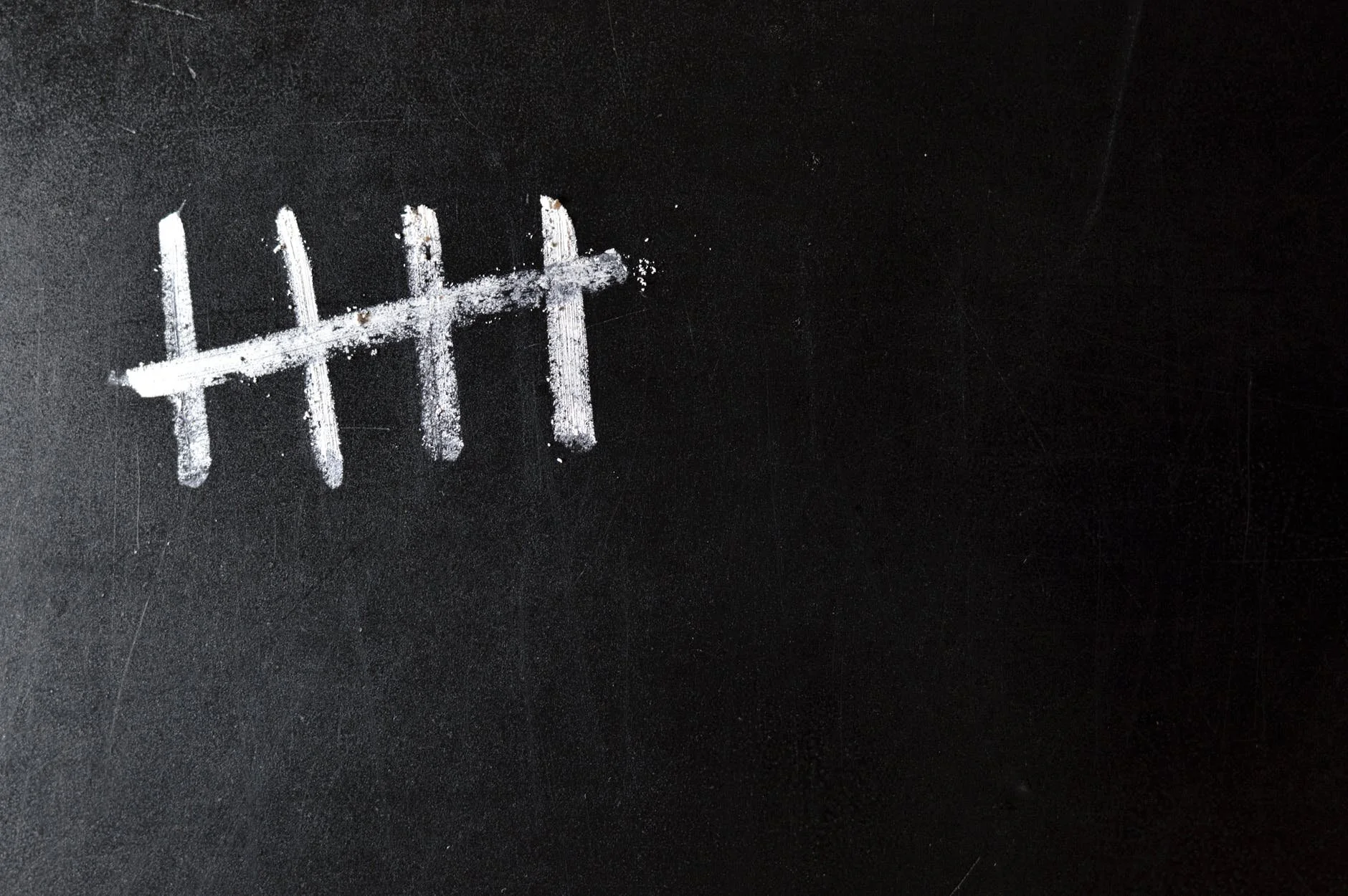Black (Prison) History Month
Throughout Black History Month, we honor black heroes and sheroes--the Reverend Dr. Martin Luther King Jr., Harriet Tubman, U.S. Supreme Justice Thurgood Marshall, Rosa Parks--who have contributed to the American story.
That story includes many famous (and some considered infamous) African Americans who have endured America's criminal justice system.
Historically, imprisonment has been the price for challenging political establishments, fighting for equal justice, or using illegal mean to overcome economic oppression.
Jeff Forret, professor and Distinguished Faculty Research Fellow at Lamar University, author of "The History of Black Incarceration is Longer than You May Think" writes "...scholarship has shown that the modern mass incarceration of black Americans was preceded by a nineteenth-century surge in black imprisonment during the Reconstruction era. With the abolition of slavery in 1865, southern whites used the legal system and the carceral state to impose racial, social, and economic control over the newly liberated black population."
___________
1946-1952: Malcolm X (neé Malcolm Little) served six years in Charlestown State Prison (MA) for burglary. While incarcerated, he converted to Islam and later rose to prominence in the Nation of Islam (NOI). Despite his devotion to the Honorable Elijah Muhammad, Malcolm X eventually fell out of favor with the NOI founder. In 1965, he was assassinated while speaking at the Audubon Ballroom in Harlem.
Three Muslims--Talmadge Hayer, Norman 3X Butler, and Thomas 15 X Johnson were convicted of his murder; Butler and Johnson have always professed their innocence. (Hayer later stated that they were not involved.)
The Autobiography of Malcolm X was published in 1965.
1963: Dr. King served 13 days in an Alabama jail where he penned his historic "Letter from a Birmingham Jail." He was imprisoned--along with other protestors, including school children--for participating in nonviolent demonstrations against segregation. The open letter was a response to criticism from some black clergymen and white Southern religious leaders, who publicly opposed his actions.
In the letter Dr. King writes, "We know through painful experience that freedom is never voluntarily given by the oppressor; it must be demanded by the oppressed."
1958-1966: Eldridge Cleaver, militant activist and information minister for the Black Panther Party, author of the literary classic Soul on Ice (pub. 1968) served time in Folsom Prison for "assault with the intention to commit murder." Cleaver previously had spent time in prison for rape. At Folsom, he became a devotee of Malcolm X, rejected the mindset that he said had led him to rape women, and began writing.
In 1968, Cleaver was involved in a shoot-out with police, but was released on bail and fled the country. He spent time in Cuba, North Korea, North Vietnam, China, and France. When he returned to the U.S., the charge was reduced to assault and he was sentenced to community service.
1966-1985: Rubin "Hurricane" Carter, middleweight boxer (and an acquaintance John Artis) was wrongfully convicted twice for a triple murder in Rahway, NJ. In 1985, his conviction was overturned following a petition of habeas corpus. While in prison, Carter wrote, The 16th Round: Number 1 Contender to Number 45472, which was made into a movie, Hurricane, starring Denzel Washington. His second book, Eye of the Hurricane: My Path from Darkness to Freedom was published in 2011.
1970-1972 Angela Yvonne Davis, activist, scholar, and writer, once on the FBI's "10 Most Wanted Fugitive List," served two years in prison, including a stint in solitary confinement, while awaiting trial on gun charges stemming from 17-year old Jonathan Jackson's attempt to free three prisoners in a Marin County Courthouse. (Jackson was the brother of George L. Jackson, one of three "Soledad Brothers," Black Panther Party members charged with killing a guard while serving time in Folsom Prison.)
Jackson and the prisoners took the Deputy District Attorney Gary Thomas, Judge Harold Haley, and three jurors as hostages. Jackson, the judge, and two of the prisoners were killed during the incident. Davis had purchased the guns used in the shootout at a pawn shop; she was charged with aggravated kidnapping and first degree murder. Davis fled the country but eventually returned and was acquitted by an all-white jury.
1978-2019 Janine Africa, is one of nine Philadelphia MOVE men and women convicted of the murder of Police Officer James Ramp during a confrontation with police on August 8, 1978. Police bombarded the house with water cannons and tear gas to force the family out of the house. Africa said that MOVE members had not fired any shots; nonetheless, despite little evidence, they were convicted.
During her incarceration, Africa says, "(We) were initially put into “the hole” — solitary confinement--(on one occasion) a large guard punched me in the chest and knocked me across the cell.”
1981 - Mumia Abu-Jamal was driving a cab in the early morning hours of December 9, 1981, when he came upon his brother being arrested. During this encounter, Police Officer Daniel Faulkner was shot and killed. Mumia was found with a bullet from Faulkner's gun in his stomach and (Mumia's) gun nearby. He was convicted of 1st degree murder and sentenced to life.
Police did little in the way of investigation, such as testing Mumia's fingers for gunshot residue. Ironically, Faulkner's body was "lost," and there was no way to prove he'd been killed with Mumia's gun. In prison, Mumia became widely known while on death row for his writings and commentary on the criminal justice system.
© 2020 wistajohnson.com (Reprint by permission only.)
